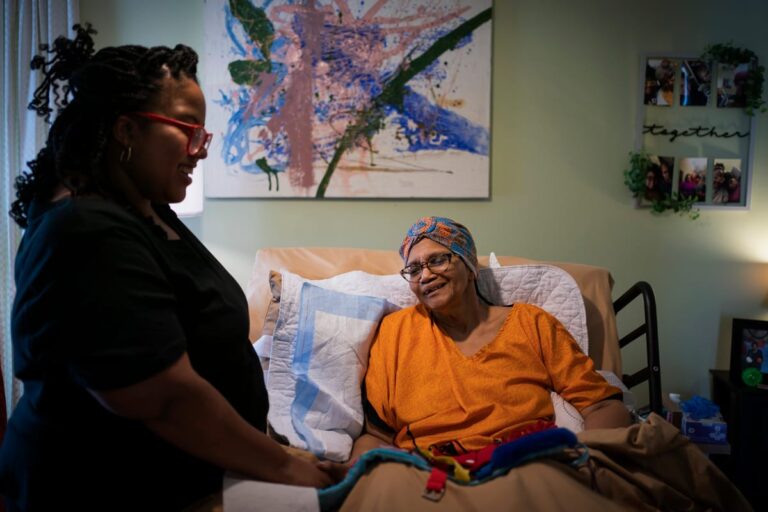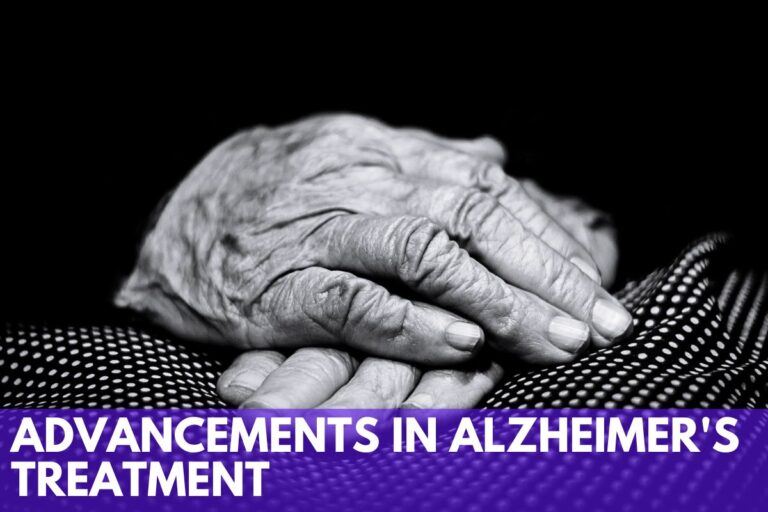No products in the cart.

Addressing Disparities: Black Americans and Alzheimer’s
Introduction:
Alzheimer’s disease poses a significant burden on individuals and communities worldwide. However, among Black Americans aged 70 and older, the prevalence of Alzheimer’s is alarmingly high, with 21.3% living with this debilitating condition. The Alzheimer’s Association recognizes this disparity and is committed to addressing it by providing care, support, and advocating for equitable access to resources. In this article, we delve into the challenges faced by Black Americans regarding Alzheimer’s and shed light on the efforts undertaken by the Association to bridge the gaps.
Understanding the Disparity:
Research has shown that older Black Americans are twice as likely to develop Alzheimer’s or another form of dementia compared to their White counterparts. While the exact cause is yet to be determined, higher rates of cardiovascular diseases have been suggested as a potential factor. However, studies also indicate that after adjusting for overall health and socioeconomic status, these differences tend to disappear, emphasizing the need to delve deeper into the root causes.
Barriers to Care:
It is disheartening to note that only 20% of Black Americans feel they face no barriers to excellent healthcare and support for Alzheimer’s or other dementias. Discrimination is a significant concern, with half of African Americans reporting experiences of discrimination while seeking care for a person living with Alzheimer’s. Moreover, access to culturally competent care remains a challenge, with only 48% expressing confidence in their ability to receive such care.
Promoting Equitable Distribution:
Belief in a fair distribution of Alzheimer’s cure is a critical aspect of addressing disparities. However, only 53% of Black Americans believe that a cure for Alzheimer’s will be distributed fairly, without regard to race, color, or ethnicity. This highlights the urgent need for awareness and advocacy to ensure that advancements in treatment and care reach all communities, irrespective of their racial or ethnic backgrounds.
Raising Awareness and Education:
While 35% of African Americans express concern about Alzheimer’s or dementia, there is still work to be done in increasing awareness within the community. Addressing the misconception that significant cognitive decline is a natural part of aging is essential, as 55% of Black Americans believe this to be true. Educating individuals about the warning signs, risk factors, and the importance of early diagnosis can empower them to seek appropriate help and support.
The Role of the Alzheimer’s Association:
The Alzheimer’s Association has been at the forefront of addressing these disparities and advocating for change. By offering culturally sensitive care and support programs, they aim to bridge the gap in access to services. Additionally, the Association collaborates with policymakers and community leaders to promote policy changes that ensure equitable distribution of resources and eliminate barriers to quality care.
Conclusion:
The high prevalence of Alzheimer’s among Black Americans is a pressing issue that demands immediate attention. Recognizing the disparities and actively working towards eliminating them is crucial for ensuring equal access to care, support, and advancements in treatment. Through its programs, advocacy efforts, and collaborations, the Alzheimer’s Association continues to strive for a future where every individual, regardless of their race or ethnicity, receives the care and support they need to navigate the challenges of Alzheimer’s disease.



